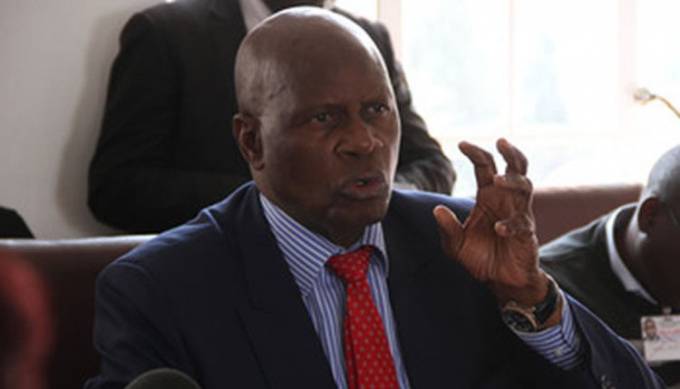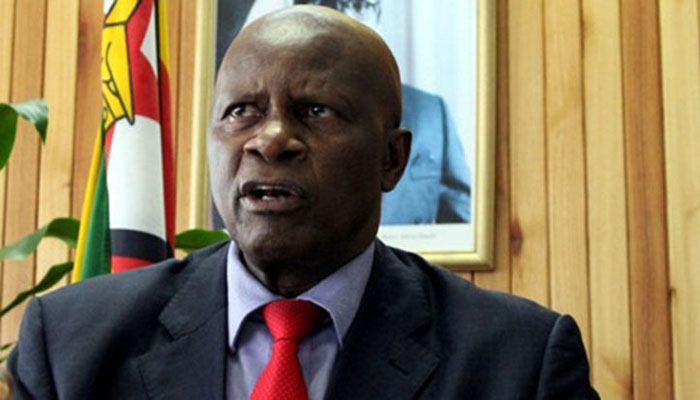
The Sunday Mail

Tawanda Musarurwa
Senior Business Reporter
WITH public consultations for the 2018 National Budget having commenced last week, indications are that Treasury will need to work hard to satisfy expectations on the ground.
Participants have generally called for increased social spending. But this may be difficult due to the huge budget deficit which currently stands at around 8,4 percent of the country’s Gross Domestic Product (GDP).
On Wednesday, various organisations’ representatives and individuals at the consultative meeting in Harare raised issues relating to the need for equitable job creation and improvement in living wages.
Some of the proposals included availing loans to industry at accessible rates, increased beneficiation in the mining sector, issuance of bonds at competitive rates, upward review of civil servants salaries and increasing the tax-free threshold, among other submissions.
Other participants urged the Government to make sure there is adequate funding for research and development, which is considered a critical element in boosting economic growth.
Such proposals certainly make sense insofar as a low aggregate demand, low capacity utilisation and low wage equilibrium suggests that the economy requires a stimulus.
However, the multi-currency system prevailing precludes any monetary policy stimuli, hence only fiscal stimulus is presently deterministic.
But what is also apparent is that some, if not most of the submissions that were made by participants, will more likely put pressure on the 2018 National Budget.
Current capital budget allocations of below 16 percent of the total budget are far below best practice thresholds of close to 25 percent, required for promoting sustainable development.
It is therefore critical that Government moves to contain consumptive expenditures in order to free up resources for capital investments, as well as achieving desirable deficit targets.
This is especially so in view of a constrained fiscus notwithstanding an anticipated rise in revenue collections for the year of circa $6 billion.
The Zimbabwe Revenue Authority (Zimra)’s annual gross collections amounted to $3,462 billion last year.
Treasury may just succeed in meeting these expectations if “unnecessary expenditures” are reduced as per Cabinet directive.
Cabinet at its 18th meeting held on June 13, 2017 directed the adoption of a number of specific measures.
Finance and Economic Development Minister Patrick Chinamasa, in the 2018 Pre-Budget Strategy Paper, says the focus of the upcoming budget will be on reducing the fiscal deficit.
“In view of the widening fiscal imbalances, the 2018 National Budget submissions from ministries and departments should, therefore, inculcate fiscal consolidation to resolve challenges related to the unsustainable high fiscal deficit.
“Accordingly, Cabinet directed that Treasury adopt deficit targeting, underpinned by rigorous monitoring of Budget implementation,” said Minister Chinamasa.
“As directed by Cabinet, Treasury will focus on containment of the ‘budget deficit’ as one of the key fiscal anchors.
“An improved budget position has a positive impact on expenditure and debt management, and creates fiscal space for funding development programmes, as well as attainment of overall macroeconomic stability.”
Official figures show that since 2014, the level of the budget deficit as a percentage of GDP has been on the increase, from 1,2 percent to a deficit of 8,7 percent and 8,4 percent in 2016 and 2017, respectively.
Treasury is looking to halving the budget deficit to 4 percent of GDP, and subsequently move to a “balanced budget” by 2020.
At this point in time, Government is unlikely to be able to fund every budgetary requirement, but can structure and prioritise those areas that have trigger mechanisms for economy wide gains, hence the development of the second phase of Zim-Asset (the first phase is up in 2018), which will stipulate the country’s medium-term strategic direction, development priorities and implementation strategies.





